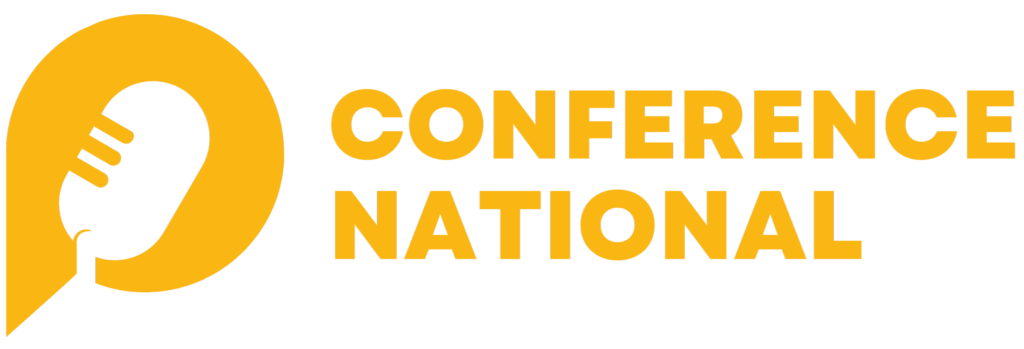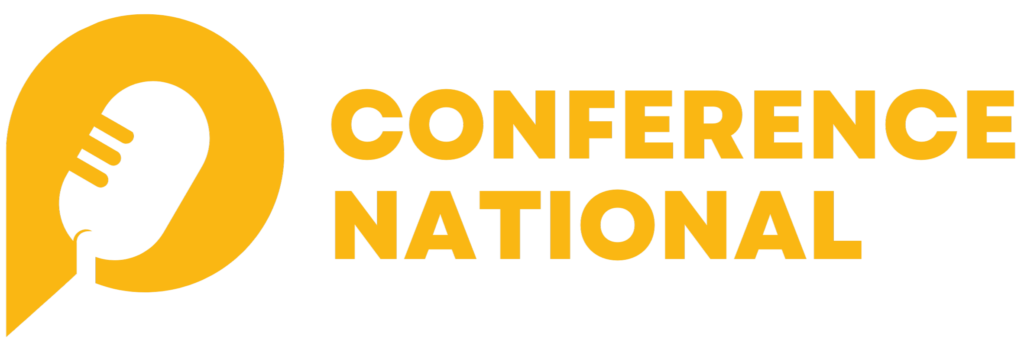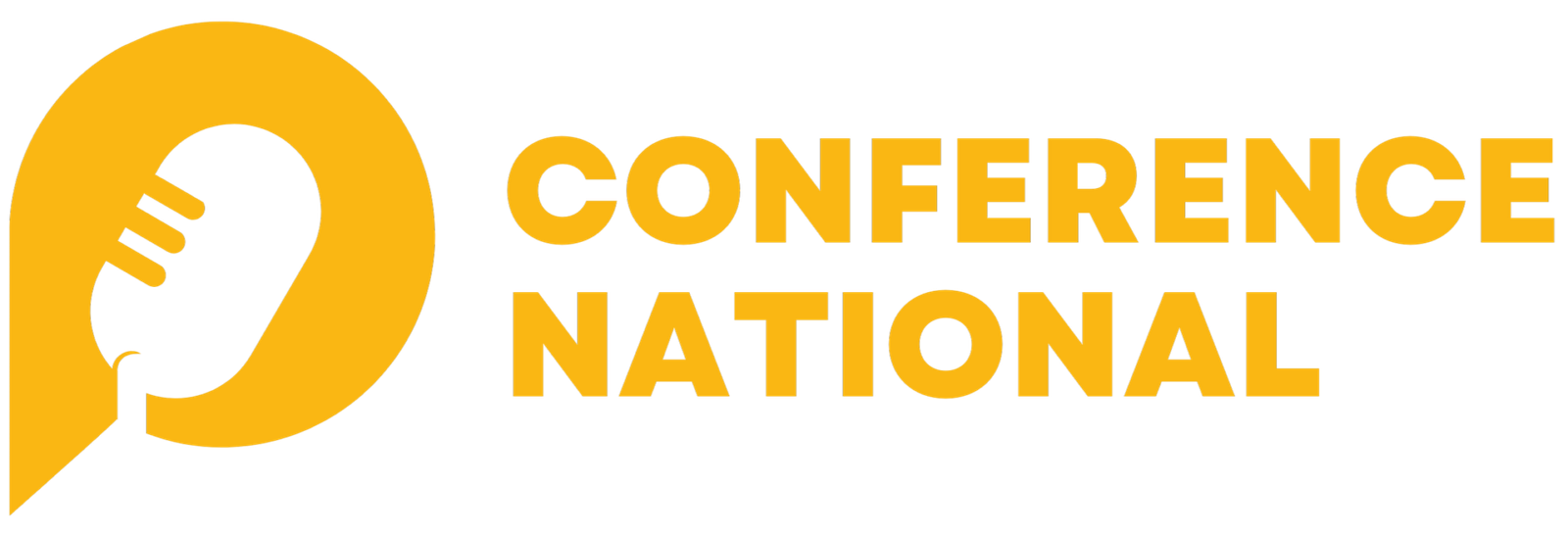Introduction to Transitioning to Paid Speaking

So, you’ve got a gift for gab and a knack for captivating audiences. But now, you’re ready to take your speaking game to the next level – getting paid for your words of wisdom! Transitioning to paid speaking is like turning your passion into a paycheck, and who wouldn’t want to get paid for doing what they love? In this essay, we’ll explore the ins and outs of making the leap from amateur speaker to a paid professional.
Paid speaking, simply put, is when you receive compensation for delivering speeches or presentations at various events, conferences, or gatherings. It’s not just about the money (although that’s a nice perk); it’s also a recognition of your expertise and value as a speaker. Transitioning to paid speaking opens up opportunities for you to share your knowledge, inspire others, and build a rewarding career in the speaking industry.
In this essay, we’ll delve into the importance of transitioning to paid speaking, the key steps to building your speaking skills, creating a personal brand, marketing yourself effectively, setting your fees, securing engagements, delivering successful presentations, and overcoming challenges along the way. So, buckle up and get ready to embark on this exciting journey to becoming a sought-after paid speaker!
Understanding the Speaking Industry

The speaking industry is a vibrant and diverse ecosystem filled with opportunities for speakers of all backgrounds and expertise. From motivational speakers to industry experts, there’s a niche for everyone in this dynamic field. Understanding the speaking industry involves knowing the trends, demands, and audience preferences that shape the landscape of speaking engagements.
Speaking engagements come in various forms, including keynote speeches, workshops, panel discussions, and training sessions. Each type of engagement requires a unique approach and skill set, making it essential for speakers to adapt their style to suit the specific event and audience. Whether you’re speaking at a corporate conference or a community event, understanding the different types of speaking engagements is crucial for success.
Key players in the speaking industry include event organizers, talent agencies, speaker bureaus, and professional associations. These entities play a vital role in connecting speakers with opportunities, negotiating contracts, and promoting speakers to a wider audience. By understanding the key players in the speaking industry, aspiring paid speakers can navigate the landscape more effectively and position themselves for success.
Building Your Speaking Skills

Honing your speaking skills is like sharpening a sword – it’s essential for cutting through the noise and leaving a lasting impact on your audience. Effective communication techniques, such as storytelling, humor, and audience engagement, are the building blocks of a successful speaker. By mastering these skills, you can captivate your audience, convey your message with clarity, and inspire action.
Effective communication goes beyond words; it’s about body language, tone of voice, and emotional connection. Public speaking tips and tricks, such as practicing in front of a mirror, recording your speeches for feedback, and seeking mentorship from seasoned speakers, can help you refine your delivery and boost your confidence on stage. Building your speaking skills is a continuous journey of growth and improvement.
Whether you’re a natural-born speaker or a novice looking to polish your presentation skills, investing time and effort in building your speaking skills is a worthwhile endeavor. Remember, Rome wasn’t built in a day, and neither is a great speaker. So, embrace the process, embrace the practice, and watch your speaking skills soar to new heights!
Creating a Personal Brand as a Speaker

Defining your unique selling proposition (USP) is like finding your voice in a crowded room – it sets you apart from the rest. As a speaker, your USP is what makes you memorable, relatable, and in-demand. It could be your expertise in a niche topic, your engaging storytelling style, or your ability to connect with diverse audiences. By defining your USP, you can carve out a distinct identity in the speaking industry.
Developing a speaker persona involves crafting a compelling narrative around your brand, values, and mission as a speaker. Your persona is not just about what you say on stage but also how you present yourself online, in interviews, and in networking events. Building a consistent and authentic speaker persona helps you attract the right opportunities and resonate with your target audience.
Building an online presence is essential for modern speakers looking to reach a wider audience and establish credibility in the industry. From creating a professional website to engaging on social media platforms, your online presence is a digital storefront that showcases your expertise and personality. By curating a strong online presence, you can amplify your voice, expand your reach, and attract paid speaking opportunities.
Marketing Yourself as a Paid Speaker

Crafting a compelling speaker bio is like writing your own success story in a few paragraphs. Your bio should highlight your expertise, experience, and unique qualities as a speaker, enticing event organizers and audiences to learn more about you. A well-crafted speaker bio is your calling card in the speaking industry, so make it engaging, informative, and reflective of your brand.
Utilizing social media for promotion is a powerful tool for reaching a broader audience and engaging with your followers. Platforms like LinkedIn, Twitter, and Instagram offer opportunities to share insights, promote upcoming events, and connect with industry professionals. By leveraging social media effectively, you can build a loyal following, showcase your speaking engagements, and attract potential clients and collaborators.
Networking in the speaking industry is like building bridges to new opportunities and collaborations. Attending conferences, joining professional associations, and connecting with fellow speakers can open doors to speaking engagements, partnerships, and referrals. Networking is not just about who you know but also about who knows you, so make meaningful connections, nurture relationships, and watch your speaking career flourish.
Setting Your Speaking Fees

Factors to consider when setting your speaking fees include your experience, expertise, audience size, event type, and industry standards. Pricing yourself too low may undervalue your worth, while pricing too high could deter potential clients. By evaluating these factors and conducting market research, you can determine a competitive and fair fee structure that reflects your value as a speaker.
Different pricing models for speakers include flat fees, hourly rates, day rates, revenue sharing, and value-based pricing. Each model has its pros and cons, depending on the event, audience, and your unique selling proposition. Experimenting with different pricing models and adjusting your fees based on feedback and results can help you find the right balance between profitability and market demand.
Negotiation strategies for speaking fees involve understanding your worth, articulating your value to clients, and being flexible in your pricing approach. Negotiating speaking fees is not just about the money but also about building long-term relationships, delivering exceptional value, and securing repeat engagements. By mastering the art of negotiation, you can maximize your earning potential and establish yourself as a sought-after paid speaker.
Securing Paid Speaking Engagements

Finding speaking opportunities is like uncovering hidden gems in a treasure hunt – it requires persistence, creativity, and strategic networking. From scouring online platforms and event listings to reaching out to industry contacts and attending speaking showcases, there are numerous ways to discover paid speaking opportunities. By casting a wide net and staying proactive, you can increase your chances of landing lucrative speaking engagements.
Pitching yourself to event organizers is a delicate art that involves crafting personalized proposals, showcasing your expertise, and demonstrating how you can add value to their event. Tailoring your pitch to the specific needs and goals of the organizer, highlighting your unique selling points, and providing social proof of your speaking prowess can make your pitch stand out and increase your chances of being selected as a speaker.
Securing repeat speaking engagements is like building a loyal fan base – it requires delivering exceptional value, building relationships with event organizers, and exceeding audience expectations. By consistently delivering high-quality presentations, engaging with attendees, and seeking feedback for improvement, you can turn one-time gigs into long-term partnerships and secure a steady stream of paid speaking opportunities.
Delivering a Successful Paid Speaking Engagement

Preparing for a speaking engagement is like gearing up for a performance – it involves researching the audience, tailoring your content, and rehearsing your delivery. From creating an engaging presentation to anticipating potential questions and technical issues, thorough preparation is key to delivering a successful speech. By investing time and effort in preparation, you can boost your confidence, connect with your audience, and leave a lasting impression.
Engaging the audience effectively is like conducting a symphony – it requires rhythm, tempo, and harmony between speaker and listeners. Techniques such as storytelling, interactive exercises, audience participation, and humor can captivate your audience, maintain their interest, and enhance their overall experience. By involving the audience in your presentation and creating a dynamic dialogue, you can create a memorable and impactful speaking engagement.
Handling Q&A sessions is like navigating uncharted waters – it requires quick thinking, clarity of communication, and grace under pressure. Anticipating potential questions, listening actively to the audience, and providing thoughtful responses can turn a Q&A session into a valuable interaction that deepens audience engagement and reinforces your expertise. By mastering the art of Q&A, you can showcase your knowledge, build rapport with attendees, and leave a lasting impression after your speech.
Overcoming Challenges in Transitioning to Paid Speaking

Dealing with rejection is like weathering a storm – it’s inevitable, but it doesn’t have to dampen your spirits. Rejection is a natural part of the speaking industry, and even the most seasoned speakers face setbacks. By reframing rejection as an opportunity for growth, learning from feedback, and staying resilient in the face of adversity, you can turn rejection into a stepping stone towards success.
Managing stage fright and nerves is like taming a wild beast – it requires practice, self-awareness, and confidence-building techniques. From deep breathing exercises to visualization, positive self-talk, and desensitization strategies, there are various ways to combat stage fright and perform at your best. By acknowledging your fears, seeking support from peers, and embracing the adrenaline rush of public speaking, you can turn stage fright into a source of energy and excitement.
Adapting to different audience types is like learning a new language – it requires empathy, flexibility, and cultural awareness. Whether you’re speaking to a corporate audience, a community group, or a school assembly, understanding the unique needs, preferences, and expectations of diverse audiences is essential for effective communication. By tailoring your message, tone, and delivery style to suit different audience types, you can connect authentically, resonate deeply, and make a lasting impact as a speaker.
Conclusion
In conclusion, transitioning to paid speaking is a rewarding journey that requires dedication, passion, and perseverance. By honing your speaking skills, building a strong personal brand, marketing yourself effectively, setting fair fees, securing engagements, delivering stellar presentations, and overcoming challenges, you can carve out a successful career as a paid speaker.
To all aspiring paid speakers out there, remember that every great speaker started somewhere – with a dream, a message, and a willingness to step out of their comfort zone. Embrace the ups and downs of the speaking industry, stay true to your voice, and keep pushing yourself to grow and evolve as a speaker. The journey to paid speaking may have its twists and turns, but the destination is well worth the ride.
As you embark on this exciting path to becoming a paid speaker, remember that your voice matters, your story is unique, and your message has the power to inspire, educate, and transform lives. So, speak your truth, share your wisdom, and shine brightly on every stage you grace. The world is waiting to hear your voice – so go out there and make some noise as a paid speaker!





